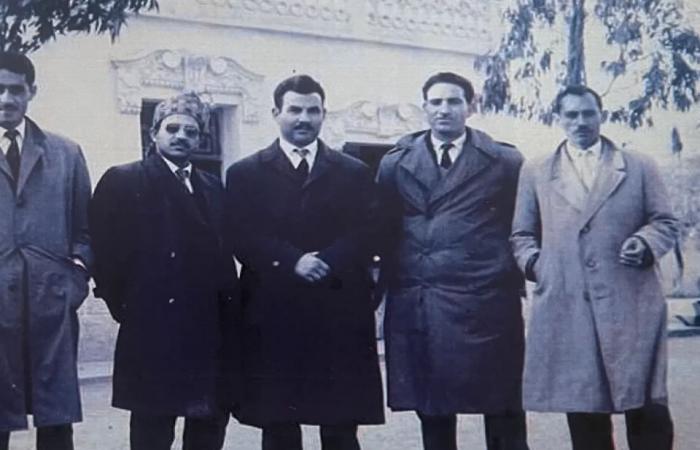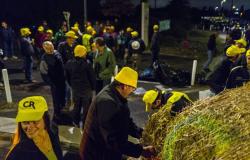The 69th anniversary of Morocco’s independence, a propitious occasion to recall the unwavering support that the Kingdom has given to Algeria in its fight for freedom, from the first moments of independence.
Morocco, under the enlightened leadership of King Mohammed V, had demonstrated active solidarity with the Algerian people, then engaged in a war of liberation against French colonialism. Whether at independence, in 1957 before the United Nations Assembly, or in 1960, through the appeal he made to the Moroccan people, King Mohammed V expressed unwavering solidarity with Algeria: “Algeria Day is ours. His cause is yours. It is our duty to continue to provide our aid and support to Algeria in its struggle, and to redouble our efforts to uphold its rights and hasten its victory. »
Active solidarity and sacrifices
Morocco’s support for Algerian independence has not been limited to speeches or diplomatic posturing. The Kingdom mobilized human, material and logistical resources to support the liberation efforts. The rear bases of the National Liberation Front (FLN) in Moroccan territory played a crucial role in the organization of Algerian armed and political resistance.
Read also | Maroc Hebdo victim of a cyberattack attributed to Algerian hackers
From the start of the war of independence, Morocco opened its borders and offered strategic logistical support. Border towns like Oujda and Berkane have become strongholds for Algerian fighters. These localities served as transit points for weapons, medicines and funds necessary for the resistance. The FLN also benefited from safe spaces to plan its military and political operations. The training camps set up on Moroccan territory made it possible to train fighters, thus ensuring the continuity and increase in power of armed actions against the occupier.
Military and financial support
Morocco also played an essential role in the supply of arms and ammunition. These efforts were directly supervised by the Moroccan authorities, often in close collaboration with FLN executives. Complex supply networks were set up to transport military equipment to the Algerian maquis. Furthermore, financial contributions from various Moroccan sources, including collection campaigns organized by citizens, strengthened the Algerian war effort.
The Kingdom welcomed several leading figures of the Algerian struggle, offering them a safe haven against colonial reprisals. FLN leaders, including Ahmed Ben Bella before his imprisonment, found a space in Morocco to organize their political and military actions. At the same time, thousands of Algerian refugees, fleeing the atrocities of the war, were welcomed on Moroccan territory. The Kingdom provided them with assistance and protection, thus testifying to popular solidarity that transcended borders.
International pressure and economic challenges
Morocco’s position in favor of Algerian independence attracted the wrath of the colonial authorities. The diplomatic and economic pressures exerted on the Kingdom aimed to force it to reduce its support. However, despite these challenges, Morocco maintained its line, convinced that the liberation of Algeria was an essential step for the unity and stability of the Maghreb.
Read also | “Houris” by Kamel Daoud and the demons of a bloody Algerian past
Economic retaliation included restrictions on trade, making the situation even more difficult for a country that had only just achieved independence. However, Mohammed V repeatedly reaffirmed that Algeria’s independence was a sine qua non condition for the security and prosperity of the region.
A vision for a future, unfortunately mortgaged, of the Maghreb
By supporting the Algerian cause, Morocco has placed its action within a broader vision: that of building a united and sovereign Maghreb, capable of meeting common challenges. King Mohammed V has often stressed that the liberation of Algeria constituted a step towards the total emancipation of North Africa from colonial rule. This solidarity therefore went beyond the bilateral framework and reflected a pan-African ambition.
Today, as Morocco celebrates the 69th anniversary of its independence, this historic episode of solidarity remains a source of inspiration. It recalls the importance of cooperation and unity in struggles for freedom and dignity. It also underlines that relations between brother peoples are supposed to be based, continually, on values of solidarity and mutual respect.
This rise in the common memory of the two countries, instead of inspiring hope and enthusiasm in the younger generations, reminds them, reluctantly, that the work of division and discord, carried by the desire to cause an increase in territorial partition, intervened in the face of these hopes, constantly pushing back the luminous horizon on which, decades ago, the Maghreb of nations should have stood.






